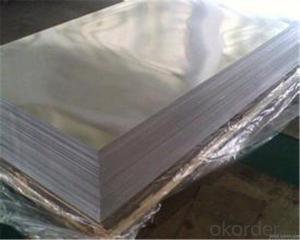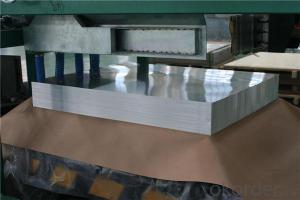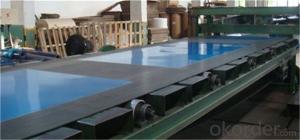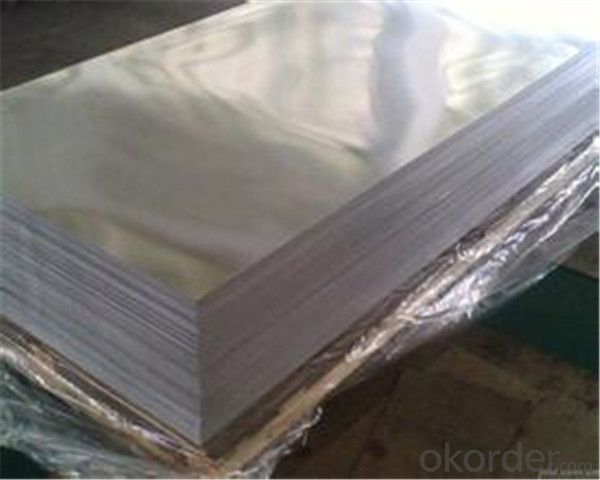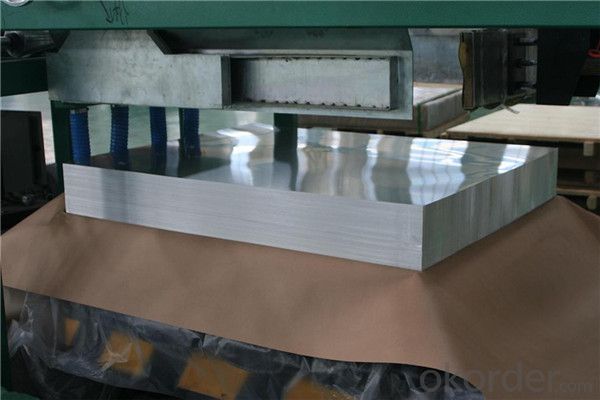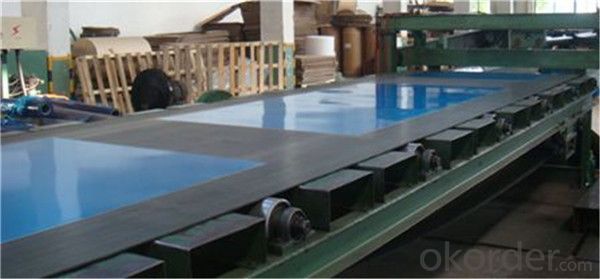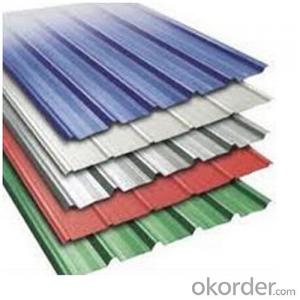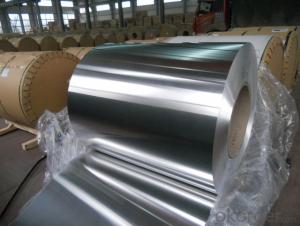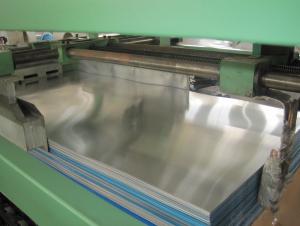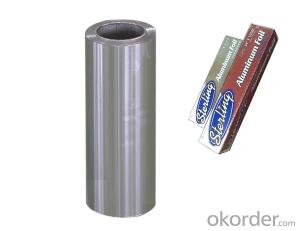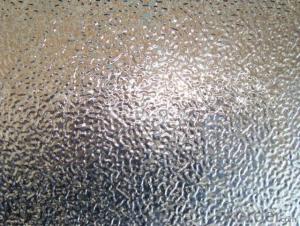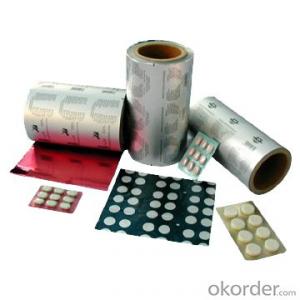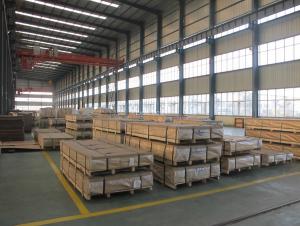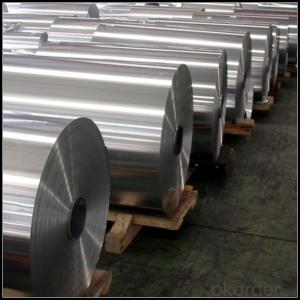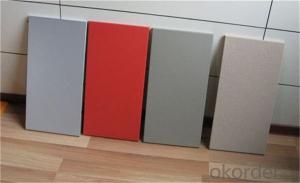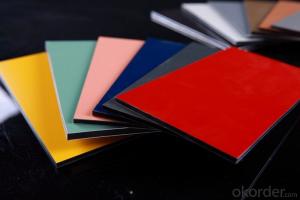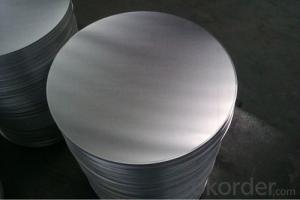Perforated Rolls Aluminum Sheets / Aluminium Sheets / Aluminium Roll Product / Aluminium Flat Sheet
- Loading Port:
- Shanghai
- Payment Terms:
- TT OR LC
- Min Order Qty:
- 3 m.t.
- Supply Capability:
- 100000 m.t./month
OKorder Service Pledge
OKorder Financial Service
You Might Also Like
Specification
1.specification
material: | Alloy or not | ||
thickness: | 1,3 series | 0.3-9.5mm | |
5series | 0.5-150mm | ||
6 series | 5-150mm | ||
7series | More than 6mm | ||
width: | 1,3 series | 900-1500mm | |
5 series | 900-1500mm | ||
6 ,7series | As your request | ||
Circulation size: (width*length)
| 1220*2440mm 1250*2500mm 1500*3000mm 1000*2000mm | ||
Usage : | Boat, plane, building, packaging, machine…. | ||
MOQ | 3 tons | ||
2.product show
Dear Customer, why do I have the confidence to let you buy our product ?
♥strict chemical composition , good hardness high safety performance
♥Oxide film thickness, corrosion resistance
♥Standard aluminum closed time, no rust
♥smooth surface, no burrs
Our VS others
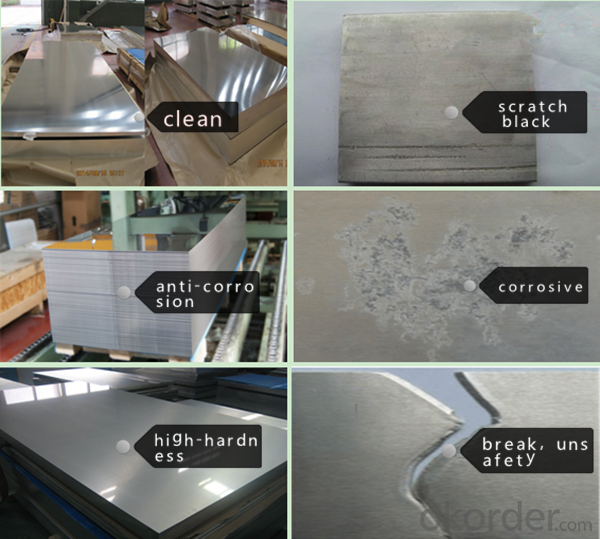
3.shipping:
20~25 working days & send samples:2--3 days after received your advance payment
Mode of transport | advantage | disadvantage | advice |
Express delivery | Fast(3—6days ),door to door wide area coverage | Volume & weight restricted | Good for small cargo |
Sea transpoet | Cheapest volume unlimited | Long sailing time influenced by climate and port conditions | Bulk cargo loose time |
Air transport | Fast(4—5days) simple packaging | The most expensive volume restrict | For valuable cargo urgent need |
Railway | Big volume more expensive | Tracking difficult transit organization may cause delay | Preferred in central Asia |
4.Product photos
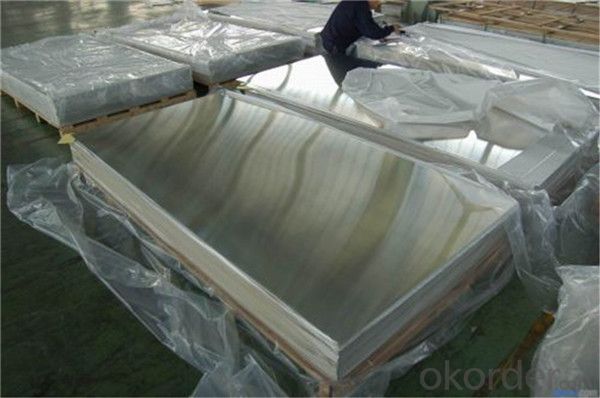
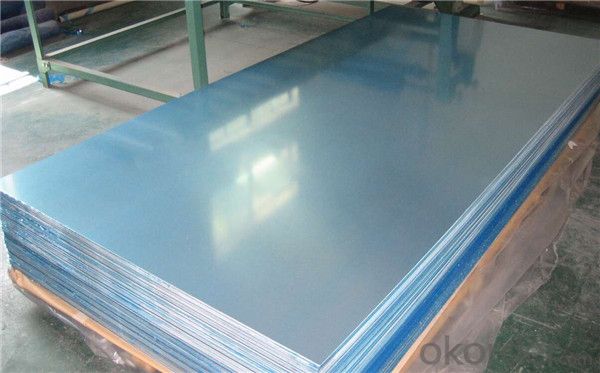
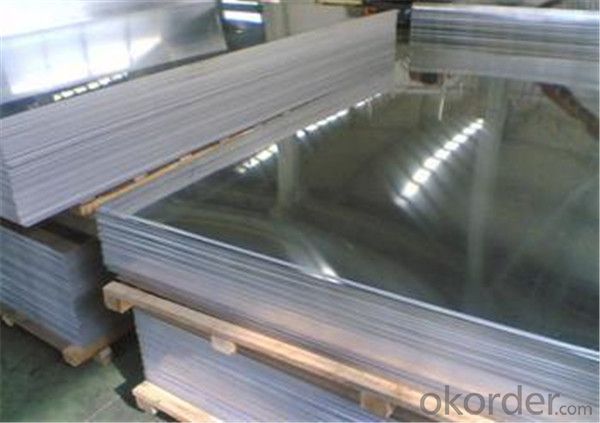
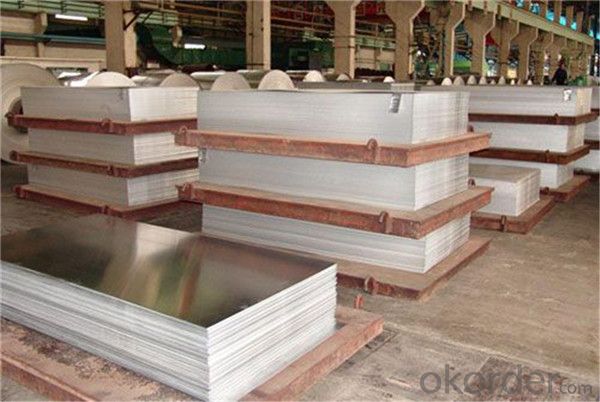
- Q: What are the different methods of joining aluminum sheets?
- Aluminum sheets can be joined using a variety of methods, each with its own benefits and suitability for specific applications. These methods include: 1. Welding: Tungsten Inert Gas (TIG) welding, Metal Inert Gas (MIG) welding, and Resistance Spot Welding (RSW) are all techniques that can be used to join aluminum sheets. TIG welding is commonly chosen for thin sheets due to its precise control and high-quality results. MIG welding, on the other hand, is faster and more suitable for thicker sheets. RSW creates strong welds in a short amount of time by using localized heat and pressure. 2. Adhesive bonding: Adhesive bonding involves using specially designed adhesives for joining aluminum. This method provides excellent strength, even distribution of stress, and corrosion resistance. It is often utilized in applications where aesthetics and weight reduction are important, such as in the automotive and aerospace industries. 3. Mechanical fastening: Mechanical fastening methods, such as riveting and bolting, can also be used to join aluminum sheets. Riveting involves deforming a rivet that passes through pre-drilled holes, while bolting uses screws or bolts. These methods are suitable for temporary or semi-permanent joints and offer easy disassembly if needed. 4. Friction stir welding: Friction stir welding is an innovative method that utilizes a rotating tool to generate frictional heat between the aluminum sheets. This creates a plasticized region that is stirred together to form a solid-state weld. Friction stir welding is particularly useful for large and complex aluminum structures, providing high strength and integrity. 5. Clinching: Clinching is a cold-forming process that joins aluminum sheets without the need for heat or additional materials. It involves pressing the sheets together, creating a mechanical interlock and a strong joint. This method is cost-effective, efficient, and suitable for joining dissimilar metals. 6. Laser welding: Laser welding involves using a high-energy laser beam to melt and fuse the aluminum sheets together. It offers precise control, minimal heat input, and high welding speeds, making it suitable for thin and delicate sheets. Laser welding also provides excellent aesthetics and minimal distortion. The choice of joining method depends on various factors, such as application requirements, material thickness, cost considerations, and desired joint strength. Each method has its own advantages and limitations, and selecting the most appropriate method is crucial to ensure a successful and durable joint.
- Q: How can I make aluminum oxide?
- Visit this link: okorder ... Hope it's useful to you!
- Q: What are the different joining methods for aluminum sheets?
- There are several joining methods for aluminum sheets, including welding, adhesive bonding, mechanical fastening, and soldering.
- Q: 1mm the aluminum plate is pulled to the height of 45mm. Can I pull it out at 1? How much space should I put in?
- How much clearance does aluminum plate stretch?The clearance value of the stretched aluminum plate is =1.3~1.4t (first stretch), 1.15~1.2t (second times stretch), and 1.1t (last stretch). The tensile properties of aluminum sheets are inferior to those of low carbon steel, and they are easily broken when stretched. The tensile height 45mm depends on the diameter of the drawing piece.A cylindrical part of a large cross-sectional area from a material to a small cross section is called a tensile coefficient. That is, the ratio of the cross-sectional area to the cross-sectional area before stretching, i.e., m=A0/An-1. For cylindrical parts, m1=d1/D0, the coefficient of the first stretch can be around 0.5, i.e., the diameter after the first stretch is 1/2 of the blank diameter before the drawing. In the future, the tensile coefficients are usually around 0.7~0.8. The calculation of drawing blank, roughly calculate the blank size according to the principle of equal area of the blank before and after the drawing.
- Q: This question asks about the various grades of aluminum sheets and the impact of these grades on their pricing.
- <p>Aluminum sheets are categorized into different grades based on their composition and properties. The most common grades include 1000 series (99% pure aluminum), 3000 series (aluminum-manganese alloys), 5000 series (aluminum-magnesium alloys), and 6000 series (aluminum-magnesium-silicate alloys). Each grade has unique characteristics affecting their applications, such as corrosion resistance, strength, and formability. The price of aluminum sheets varies with the grade due to differences in purity, alloying elements, production complexity, and market demand. Purity and the addition of alloying elements can increase the cost, while the availability and demand in the market also influence pricing. For instance, 1000 series sheets are generally cheaper due to their high purity and lack of alloying, while 6000 series sheets, known for their strength and durability, command a higher price.</p>
- Q: How to clean the aluminium oxide on the surface of aluminum? What kind of materials should we use to clean the thin aluminum sheet, and what's the concentration?
- you can answer sodium hydroxide solution, dilute acid is useless, aluminum's oxide film is very thick,as for concentration, aluminum will be passivating in concentrated sulfuric acid. if you are high school student,higher concentration is better, you can complete deoxidation by abrasive paper.
- Q: Are aluminum sheets suitable for pharmaceutical applications?
- Aluminum sheets are well-suited for pharmaceutical use, as they possess a range of advantageous properties. Firstly, their lightweight nature and exceptional resistance to corrosion make them an ideal choice for packaging pharmaceutical products. By shielding the contents from external factors like moisture, light, and oxygen, which could potentially compromise the medication's quality, aluminum sheets offer excellent protection. Additionally, aluminum sheets are highly malleable and can easily be molded into different shapes and sizes, allowing for customized packaging designs. Moreover, their availability in various thicknesses provides options for different types of pharmaceutical products, including tablets, capsules, and liquid medications. Furthermore, aluminum sheets boast a remarkable barrier property that effectively prevents the transfer of odors, flavors, and contaminants. This barrier ensures the integrity and safety of the medication throughout its entire shelf life. Furthermore, aluminum is a non-toxic material, guaranteeing that it does not react with drugs or alter their composition. This quality makes it an optimal choice for pharmaceutical applications, where maintaining the purity and stability of the medication is of utmost importance. In conclusion, aluminum sheets are highly suitable for pharmaceutical applications, thanks to their lightweight nature, corrosion resistance, barrier properties, and non-toxic composition. By efficiently safeguarding and preserving pharmaceutical products, they ensure the quality and safety of these crucial medications.
- Q: Is it possible to use aluminum sheets as a material for exterior wall covering?
- <p>Yes, aluminum sheets can be used for exterior cladding. They are known for their durability, resistance to corrosion, and low maintenance requirements. Aluminum is lightweight, which makes it easier to install compared to heavier materials. It also has good thermal properties, helping to insulate buildings. Additionally, aluminum can be coated with various finishes, allowing for a wide range of aesthetic options. However, it's important to ensure proper installation and sealing to prevent water infiltration and to maintain the cladding's performance over time.</p>
- Q: What are the different types of aluminum sheets?
- The different types of aluminum sheets include plain aluminum sheets, embossed aluminum sheets, perforated aluminum sheets, painted aluminum sheets, and brushed aluminum sheets.
- Q: Can aluminum sheets be used for electrical enclosures?
- Yes, aluminum sheets can be used for electrical enclosures. Aluminum is a popular choice for electrical enclosures due to its excellent conductivity, corrosion resistance, and lightweight properties. It is a good conductor of electricity, allowing for efficient distribution of electrical current within the enclosure. Additionally, aluminum has a high resistance to corrosion, making it suitable for outdoor and harsh environment applications. Its lightweight nature also makes it easier to handle and install. Overall, aluminum sheets are a reliable and commonly used material for electrical enclosures.
Send your message to us
Perforated Rolls Aluminum Sheets / Aluminium Sheets / Aluminium Roll Product / Aluminium Flat Sheet
- Loading Port:
- Shanghai
- Payment Terms:
- TT OR LC
- Min Order Qty:
- 3 m.t.
- Supply Capability:
- 100000 m.t./month
OKorder Service Pledge
OKorder Financial Service
Similar products
Hot products
Hot Searches
Related keywords
